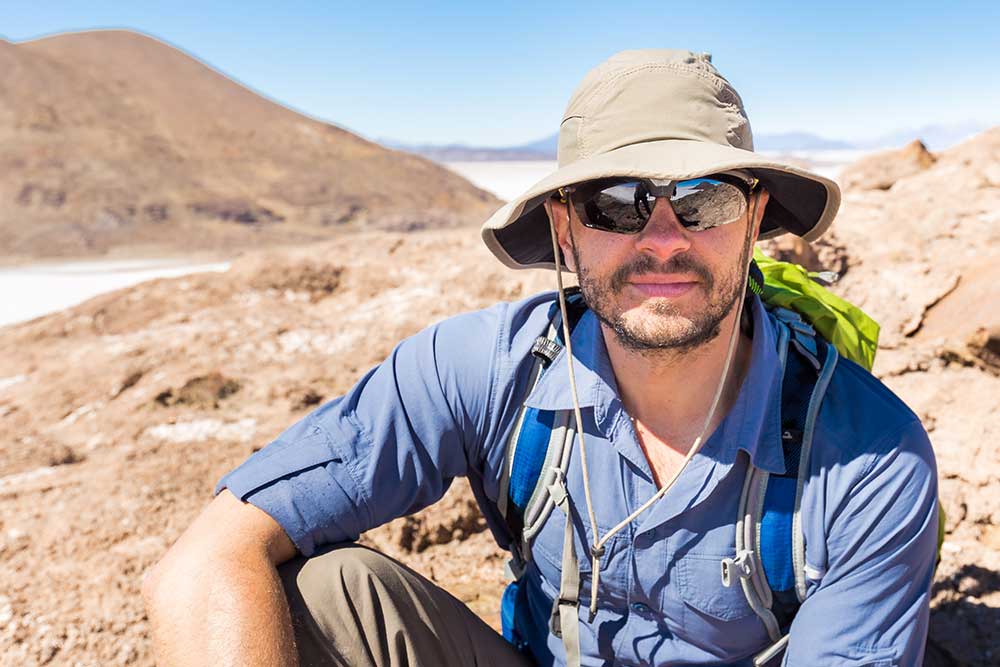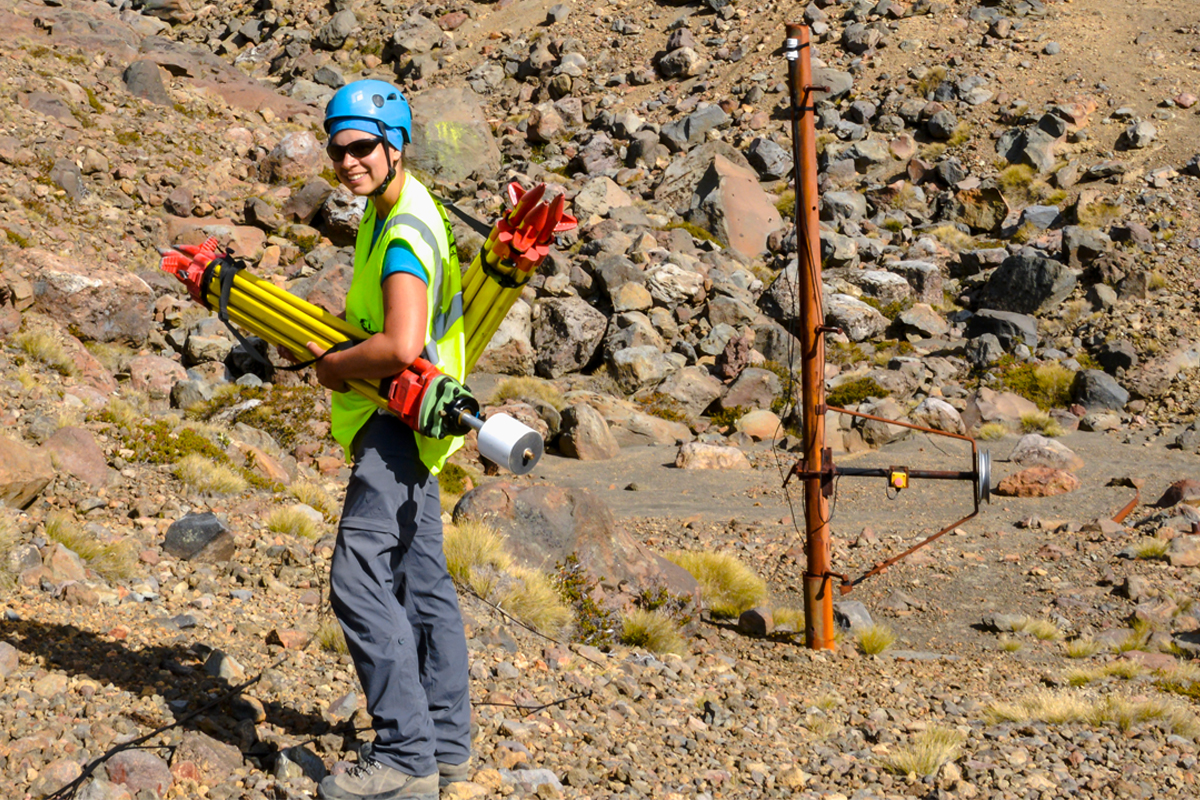All Categories
Featured
Table of Contents
Geophysics, Engineering Geophysics And Applied ... in Hazelmere Western Australia 2022
Connect with MBA programs looking for prospects like you. Research study. Link with master's programs around the country to get an edge over the competition.

A geophysicist studies different aspects of the earth. According to the U.S. Geological Survey, they study gravity, magnetic, electrical, and seismic activity occurrences. Geophysicists also document, examine, and take measurements of geographic features and anomalies. Watch a video to discover what a geophysicist: Geophysicists must earn a minimum of a bachelor's degree; nevertheless, this is for an entry-level position.
If you want study you should pursue a Ph. D. Undergrad coursework usually consists of geology, mathematics, ecological science, or physics. Postgraduate degree require more specific studies in the specialty of option. Areas can consist of oceanography, climatic physics, climatology, planetary, petroleum, environmental, and mining. Task prospects are greater if you have a strong background in computer system science or technology.
Bsc Geophysics in Ellenbrook WA 2021
Access to these opportunities might be restricted depending upon where you live; however, internships or summertime programs with geophysical companies, university geophysics department, or the U.S. Geological Study can be choices. You can discover a list of a list of opportunities on the United States Geological Study (USGS) sites' Path Programs tab (opens in another link).
If you have yet to finish high school, taking as many science and math classes as possible would be a plus. Geophysicists also work with computer systems while investigating, so computer courses can likewise be useful, as discussed previously in this short article. Lots of geophysicists concentrate on an area of geophysics. The task description would change pending on the specialty.
A geophysicist's duties can consist of measuring, tracking, and recording information from numerous physical homes on earth. Geophysicists frequently have to take a trip worldwide to examine geological events that have actually taken place or may have been predicted.
Geophysical Methods Commonly Employed For Geotechnical ... in Mount Pleasant WA 2023
For example, Jay Wellik, a geophysicist, studies volcanos. His location of competence in geophysics is investigating why volcanos erupt and what indications there may be that an eruption may occur. He tracks seismic activity and then follows what happens in the past, throughout, and after a volcano emerges. Geophysicists usually work full-time hours; nevertheless, they frequently work irregular hours, as pointed out previously.

You can discover additional info about Geophysicists along with additional academic products on the U.S. Geological Study website (links open in a new window). Laura Stern, of the U.S. Geological Survey at the Gas Hydrates Laboratory in Menlo Park, California: We make a variety of various hydrates in the lab.
We also make carbon dioxide hydrate, ethane hydrate, propane, a number of various structures. It's about 100 degrees chillier than the temperature at which these hydrate samples would dissociate, when they would decay to ice plus gas on the tabletop.
Geophysical Survey in Lockridge Australia 2022
They look like snow, it looks like compressed snow but honestly, it does consist of gas inside. It's reverting to ice plus gas and then as the ice would melt as it continues to warm, it will end up being water plus gas.
My name is Steve Kirby, I'm a Geophysicist here at the U.S. Geological Study in Menlo Park. I work with Laura Stern who is also a Geophysicist in this lab that adheres towards the investigation of planetary ices and gas hydrates. Gas hydrates in nature take place in very remote places and they are extremely complex with the interactions and conditions that they form under and samples that are brought up are under some sort of alternation or decay.
This is an unusual laboratory and there are just a handful of them worldwide and we are very lucky to be here at the Geological Survey and to have the chance of working on them. Bureau of Labor Statistics, U.S. Department of Labor, Occupational Outlook Handbook, Geoscientists. National Center for O * NET Development.
What Would I Be Doing As A Geophysicist? in Marmion Aus 2023
00. O * Web On, Line. This video was produced by the government for the U.S. Geological Study. The USGS Gas Hydrates Lab is funded by the Department of Energy and the USGS Gas Hydrates Project.
Latest Posts
Geophysical Survey Methods in Champion Aus 2021
Geophysical Survey - Salisbury Archaeology in Hocking Australia 2021
What Can I Do With A Major In Geophysics? in Carine Australia 2023